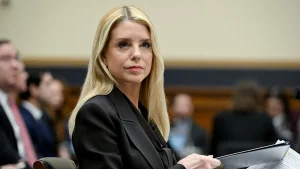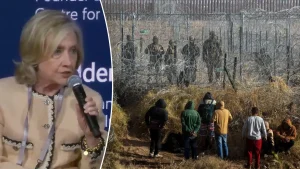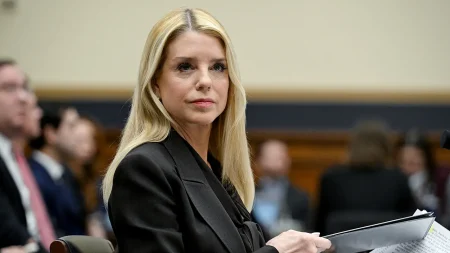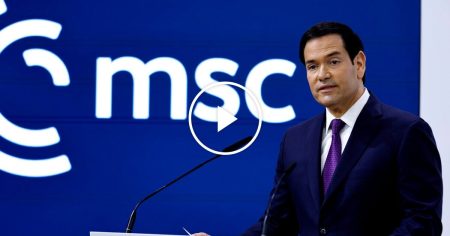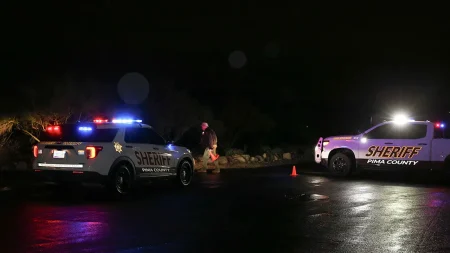Young Republicans’ Telegram Chat: A Window Into Modern Conservative Youth Politics
The recently uncovered Telegram chat among Young Republicans offers a fascinating glimpse into the mindset of the next generation of conservative leaders in America. What makes this revelation particularly compelling isn’t merely the content of their discussions, but how it reflects the broader evolution of youth conservative movement in today’s highly polarized political landscape.
The conversations within this digital forum demonstrated both the passion and the contradictions present in young conservative circles. Many participants expressed genuine concern about America’s future, discussing economic policies, constitutional interpretations, and traditional values they believe are under threat. However, these substantive policy discussions often existed alongside more troubling elements – including inflammatory rhetoric, echo chamber dynamics, and occasional expressions of extreme viewpoints that would make mainstream Republicans uncomfortable. This juxtaposition highlights the tension within young conservative movements between reasoned political discourse and the pull toward more radical positions that often thrive in closed online spaces.
What’s particularly noteworthy is how these young conservatives navigate their identity in an era where youth politics is predominantly associated with progressive causes. Many chat participants described feeling ostracized in educational environments and social circles for their political beliefs, creating a sense of camaraderie within the group that sometimes manifested as defensiveness against outside criticism. Their discussions revealed a generation of young conservatives who feel they’re swimming against the cultural tide, leading some to embrace increasingly hardline positions as a form of identity reinforcement. This dynamic of feeling politically marginalized despite identifying with historically dominant political traditions created a fascinating paradox within their conversations.
The Telegram discussions also illuminated how modern young conservatives consume and process information. References to alternative media sources, podcasts, and online commentators appeared frequently, demonstrating how many young Republicans have developed media ecosystems distinct from both mainstream news outlets and traditional conservative publications. This phenomenon reflects broader trends in media fragmentation, where political communities increasingly inhabit separate information universes. The chat showed how these young people are simultaneously digital natives comfortable with technology while often expressing skepticism about technological change and its cultural impacts – another interesting contradiction that defined their worldview.
Perhaps most revealing was how these Young Republicans discussed their vision for the future of the party and conservatism more broadly. There were evident divides between those who advocated for a more moderate, electorally viable conservatism and others who pushed for ideological purity regardless of political consequences. This tension mirrors the larger battle within the Republican Party between different factions competing for its soul. The conversations showed young people wrestling with fundamentally important questions: Should conservatism primarily defend existing institutions or radically transform them? Should the movement focus on expanding its appeal or strengthening its core principles? These debates, happening among college-aged conservatives, preview the ideological battles likely to define Republican politics for decades to come.
What ultimately makes this Telegram chat so compelling is how it demonstrates that young conservatives, like their progressive counterparts, are not monolithic but contain multitudes of perspectives, contradictions, and aspirations. While some messages contained concerning viewpoints that deserve legitimate criticism, reducing the entire cohort to these examples would miss the more complex reality. These young people are attempting to define their political identity during a period of extraordinary polarization and institutional mistrust. Their conversations – with all their insight, passion, flaws, and contradictions – offer an unfiltered window into how a segment of America’s youth is processing our turbulent political moment and imagining their role in shaping the nation’s future.
